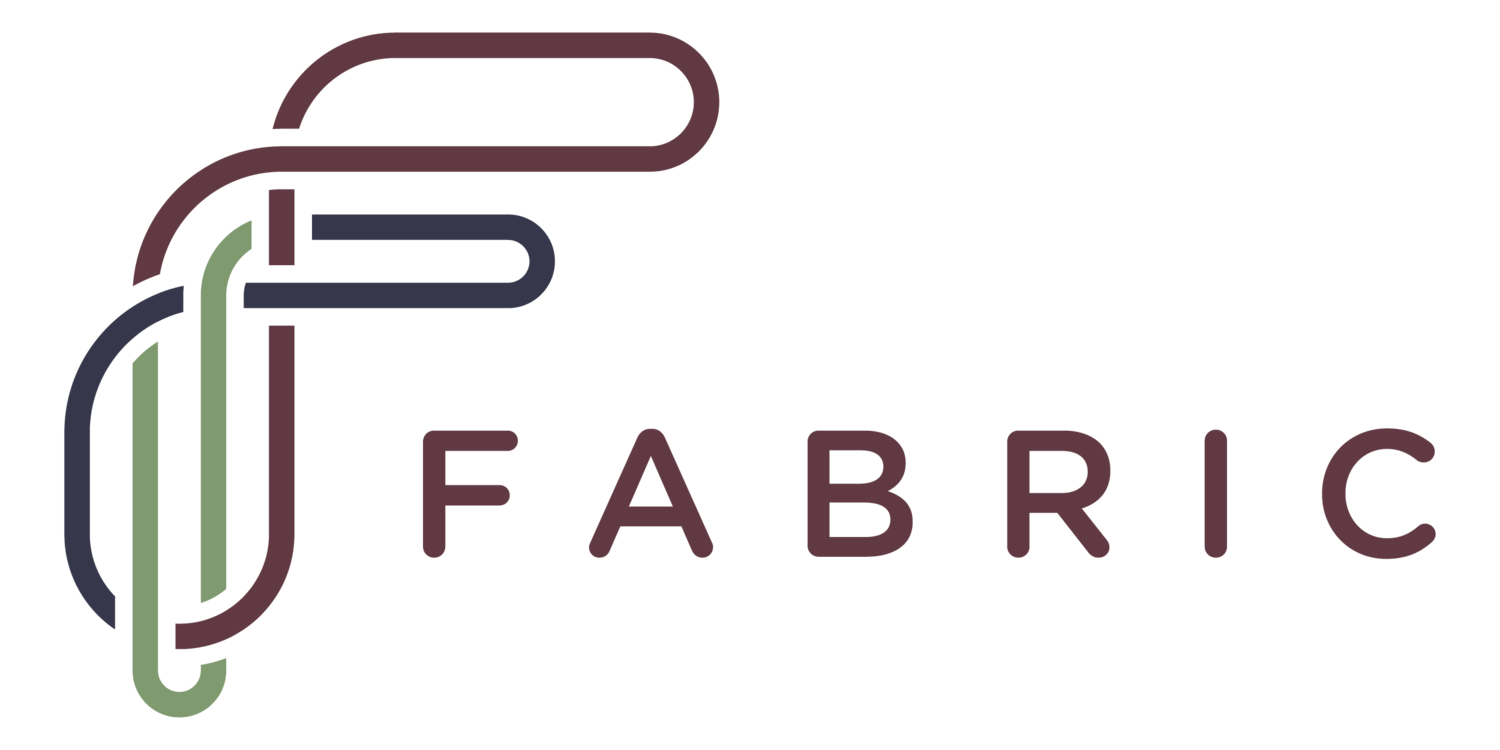Welcome to this conversation
Episode 3 (June 21, 2020) Hear Now: Change We would all like to go straight to the finish where white supremacy has given way to an egalitarian society and not deal with the hard and messy transition, but it doesn’t work that way. To get there white people need to learn, try stuff, mess up, receive feedback with grace, apologize and repeat.
In this Episode Melissa Lock and Fabric friend and change expert, Nick Tasler, talked openly about this huge inflection point around racial justice as two learning white people not feeling particularly expert at all and showing up anyway. Melissa shared some pieces of their conversation and some takeaways for herself and the Fabric community learning to be antiracist.
Important Notes:
Black and Brown bodied Fabric friends: This week in our podcast, zoom gathering, blog and group conversations there will likely be a range of wrestling and sharing that white-bodied people need to do that you do not. While we welcome and value your presence and feedback we do not expect it. We also trust you and want you to be able to choose.
Everyone: We are making a turn after this week to move all of that VERY NEEDED, IMPORTANT and UNIQUE racial healing work for specific racial identity groups off of our corporate and shared spaces. Stay tuned and let us know now if you want to be part of the team making that plan for the long haul. We need to do this work and the ongoing accountability and support of community matter.
Key takeaways
This conversation is one white people need; Black, Indigenous, Brown listeners, your feedback and input is valued and welcome but not expected.
There is no one-size fits all way to take anti-racist action or be part of conversations about racism. Our roles and spheres of influence are various and will change and grow with life and practice.
The fewer assumptions we make about where someone is coming from the more we can experience the joy of listening and being changed by voices that challenge us.
Listening regularly and deeply to the struggle and resilience of Black Americans is the basis for white people’s struggle and resilience in learning to be antiracist.
It will be uncomfortable. It just will.
James Baldwin wrote in 1963: “I imagine one of the reasons people cling to their hates so stubbornly is because they sense, once hate is gone, they will be forced to deal with pain.”
What if you insert the word “comforts” for “hates”?
As you do this work you will run in to pain. Yours and others’. Your feelings of pain are never wrong or right, good or bad. They provide information you need. What you do with them is the key to trading in your surface comforts for a broader and deeper down stability. We will explore this more in the next episode.
Homework Practice: Take time everyday to focus on listening to Black voices (books, blogs, articles, art, music, videos…) . Listen for the complexity, the struggle and the joy and let it inform your own.
If you aren’t sure where to start, check out the first three links below.
Links
Helpful resources:
James Baldwin quote from The Fire Next Time (and this video of him debating William Buckley at Cambridge in 1965 is incredible.)
Jimmy Fallon, NYT Jimmy Fallon is Sorry: But What Does that Mean?
Talk more about this with a group
Click here for a discussion guide.
More Here Now Episodes
NICK TASLER and MELISSA lock WHILE THEY TALKED





Some Deeper wisdom about doing your job from Mayyadda and Katy Schalla Lesiak’s OpEd this week. “…If those questions raise your own version of imposter syndrome or worry that you are wasting your time or not doing enough – you might be doing something right!”